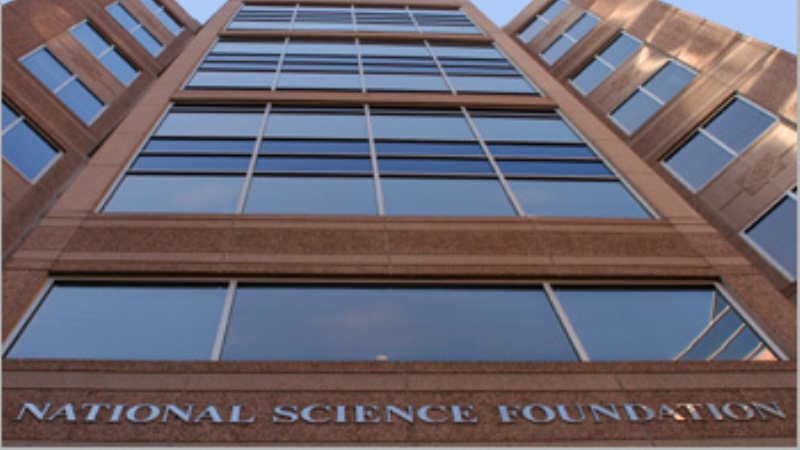
The National Science Foundation (NSF) has established a new technology directorate to work with programs across NSF and with other Federal and non-Federal entities to expedite technology development in emerging areas that are crucial for the United States’ technological leadership globally.
The Technology, Innovation, and Partnerships (TIP) Directorate – NSF’s first new directorate in more than 30 years – will work to “rapidly bring new technologies to market and address the most pressing societal and economic challenges of our time,” NSF Director Sethuraman Panchanathan said in a statement.
Through TIP, NSF plans to launch a set of integrated initiatives. These initiatives aim to advance critical and emerging technologies; accelerate the translation of research results from the lab to market and society; and cultivate new education pathways leading to a diverse and skilled future technical workforce comprising of researchers, practitioners, technicians, and entrepreneurs.
TIP also aims to establish a broad footprint that touches communities across the country, and novel education pathways available to anyone who wishes to pursue new, high-wage, good-quality jobs in science and technology.
“By pursuing new approaches that engage the nation’s broad and diverse population in shaping research directions and outcomes, TIP will be a game-changer in terms of the pace of technological breakthroughs, future job growth, and national competitiveness,” Panchanathan said.
NSF has selected Erwin Gianchandani to be the inaugural NSF Assistant Director for TIP, leading the new directorate. “Gianchandani is a visionary leader with a wealth of experience in research, innovation, and partnership programs,” said Panchanathan. Gianchandani has been NSF’s point person for the TIP concept and previously served in leadership roles in the agency’s computer sciences directorate.
Congress approved the directorate through the final appropriations legislation for fiscal year (FY) 2022. However, lawmakers are still debating further measures that will define TIP’s mission and potentially change the directorate’s name.
The COMPETES Act proposes the new directorate’s budget increase to $3.4 billion over five years. USICA also proposes a budget increase of $9.3 billion for the directorate over five years –
making TIP the largest part of the agency in terms of funding. In addition, President Biden’s FY 2023 budget sets aside $880 million for NSF’s technology directorate.
